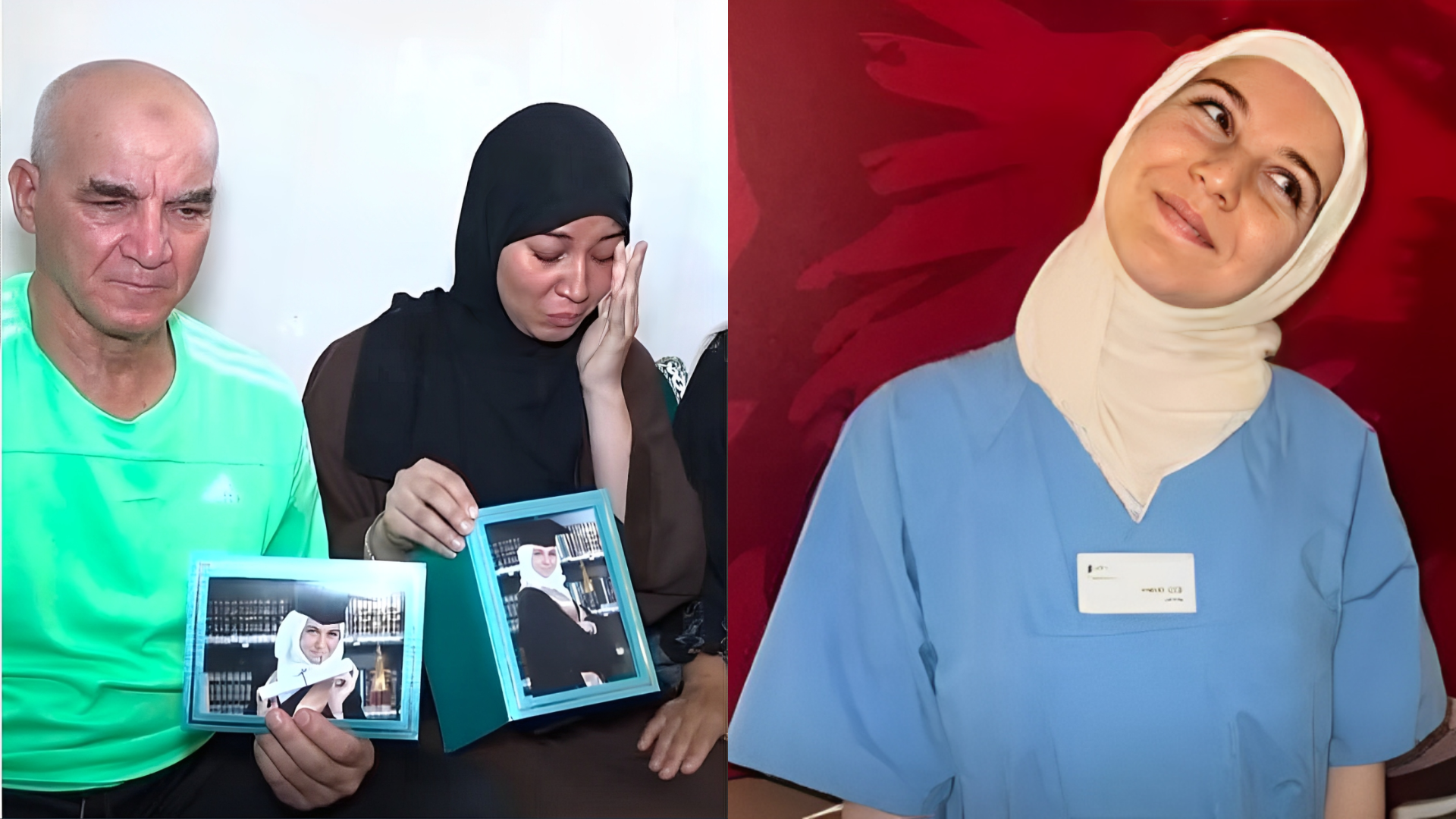
Elham Asaad Buaras
The brutal murder of Rahma Ayad, a 26-year-old Algerian Muslim woman, has triggered widespread outrage in Germany and across the Algerian diaspora, fuelling accusations that European authorities are failing to confront rising Islamophobia.
Ayad, a nursing trainee, was stabbed to death on the morning of July 4 in the stairwell of her apartment building in Arnum, a suburb south of Hanover. She sustained multiple wounds to the chest and shoulder, including a fatal blow to the heart. Neighbours who heard her cries called emergency services, but she died shortly after their arrival.
Later that day, a 31-year-old German man, a neighbour in the same building, was arrested and remains in custody. Although police have not yet confirmed a motive, Ayad’s family and members of the local community say she had been repeatedly harassed by the suspect because of her hijab and Arab-Muslim background.
According to her mother, Ayad had confided in her just two months earlier that she feared the man, who had insulted her, attempted to break into her flat, and verbally abused her over her religious attire. Community activists say the harassment had been ongoing and that previous complaints had not been taken seriously.
Originally from Oran, Ayad arrived in Germany in 2023 as an au pair and was completing a voluntary social year at Klinikum Siloah, where she had recently been accepted into a nursing training programme. Her colleagues described her as compassionate, dedicated, and full of potential. Following her death, staff at the clinic launched a fundraising initiative to support her grieving family.
Public protests quickly followed the killing, with vigils held in Arnum and later in central Hanover. Demonstrators demanded that German authorities recognise the murder as an Islamophobic hate crime and called for greater protection for Muslim women, particularly those who wear the hijab. At the July 11 vigil, more than 100 people gathered in silence, many holding candles and placards denouncing racism and Islamophobia. Several speakers criticised the muted political response and called for institutional accountability.
Despite the outcry, German authorities have cautioned against drawing conclusions. The Hannover Public Prosecutor’s Office confirmed that investigators have found no evidence, yet, to support claims of xenophobic or ideological motivation. “Indicators of a xenophobic attitude on the part of the suspect have not been confirmed so far,” a spokesperson said. Digital devices are being examined, and a psychiatric evaluation of the suspect has been ordered.
The investigation remains ongoing. This stance has drawn criticism from activists, who argue that violence against Muslim women is often dismissed as isolated or attributed to mental illness, rather than addressed as part of a broader pattern of anti-Muslim hostility. Many say Ayad’s death reflects a systemic failure to take threats against visible Muslim women seriously.
Women’s rights and anti-racist organisations, including the Netzwerk gegen Femizide (Network Against Femicide), have highlighted how femicide is the most extreme form of structural patriarchal violence and cannot be viewed as isolated incidents. They warn that Muslim women—particularly those who wear the hijab—are disproportionately vulnerable to targeted violence due to the intersection of misogyny and Islamophobia.
The Network Against Femicide stated, “It is imperative that authorities recognise the Islamophobic motives behind these attacks and implement stronger protections.” Terre des Femmes, a leading women’s rights NGO, added that the murder tragically exposes how religious discrimination and gender-based violence overlap, urging that combating femicide must include addressing Islamophobic hate.
The Bundesverband Frauenberatungsstellen und Frauennotrufe (bff) also stressed that preventing femicide requires coordinated efforts that acknowledge when attacks are motivated by racial or religious hatred, compounding victims’ vulnerability.
Photo: Rahma Ayad, 26, pictured right in her nurse uniform, was fatally stabbed in the stairwell of her apartment building in Arnum, near Hanover. Her devastated parents, left, hold her photo in mourning. Her killing has sparked outrage and renewed calls for action against Islamophobic violence. (Credit: RTV screengrab and X/CC)


